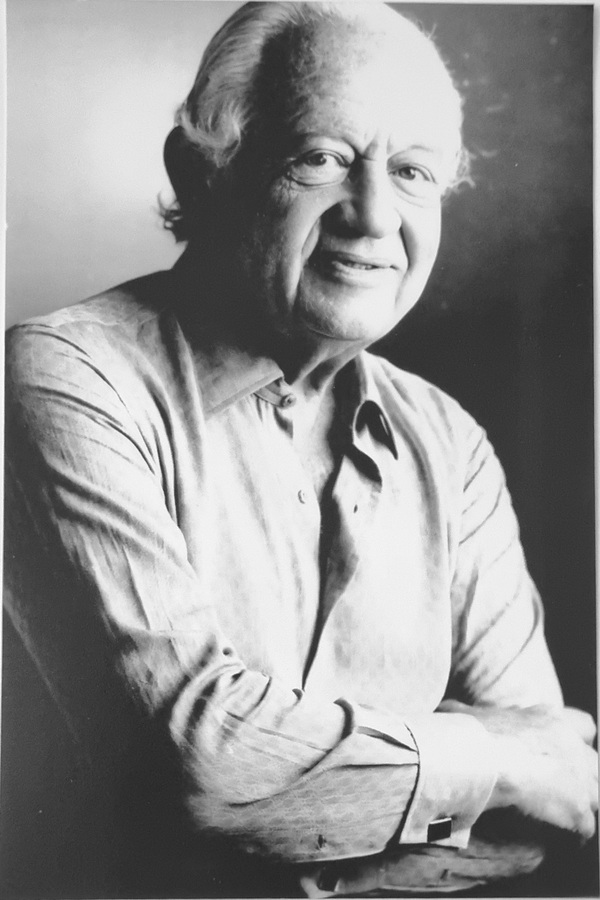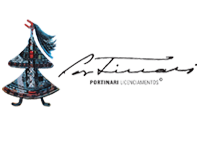General Info
His birth in the interior of Minas Gerais State in 1918; laborer father and mother domestic helper; on his mother's death he lives with Colonel Totó's family; arrival in Rio at the age of 17; works as a surveyor for the Companhia Predial da Baixada Fluminense; transfers to the company's office and takes up drawing; his relationship with Solano Trindade and Abdias Nascimento; the black artists theater; Comitê Democrático Afro-Brasileiro founded under leftist guidance; Abdias Nascimento and a group of participants remain politically aligned to the right; in 1945 leaves black movement and its commitee in order to join the Communist Party; drawing studies at the Escola do Povo; the Clube dos Glifófilos; the artists who used to print engravings at the club; the club as a means of financial support for the Communist Party; the closing of the Escola do Povo; undercover policemen as school students; the Escola do Povo was based on a Mexican model; the career oriented education of the Escola do Povo; painting teachers; by the time of the closing of the Escola do Povo a lawsuit was brought against it and an inquiry was opened and Portinari and Niemeyer were summoned to testify; the marriage; the belongings of the Escola do Povo had disappeared by the time of its closing; Portinari as a member of the administrative council of the Escola do Povo; the other council members; the school was free of charge and survived mainly with contributions from artists, Communist Party's sympathizers and students; Portinari lay down guidelines for the school's painting courses; Custódio nearly totally blind as a child; brief layoff and back to painting; exhibition in São Paulo; reliving old memories of the Escola do Povo through old newspaper articles; moves away from the Communist Party; the democratic character of the Escola do Povo; the Escola do Povo's students went on to become great painters; the positive balance left by the Escola do Povo.
























































